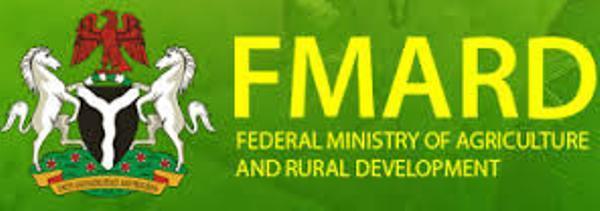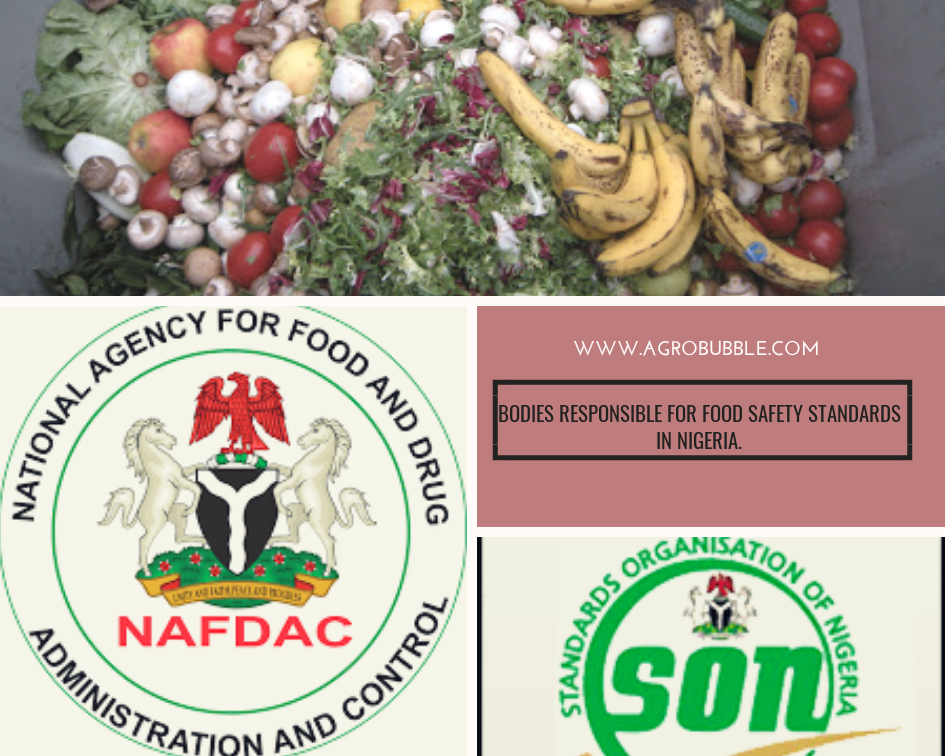Today, we will be looking at the main national legislations relating to food safety which will include the followings:
The Public Health Law (1917) now known as Public Health Ordinance cap 164 of 1958.
The Food and Drugs Decree, No 35 of 1974
The standards Organisation of Nigeria Decree, No 56 of 1971
The Animal Disease control Decree, No 10 of 1988
The marketing of Breast Milk substitute Decree No 41 of 1990
The National Agency for Food and Drugs Administration and Control (NAFDAC) Decree No 15 of 1993.
Having looked at the main National legislations relating to food safety, we will now go over to the Bodies responsible for regulating and monitoring food safety standards and practices in Nigeria.
Read Also: FOOD SAFETY PROBLEM: EFFECTIVE WAYS TO OVERCOME IT.
This topic is essential because food safety should be our priority for healthy living. When food is dime fit for consumption, there will be no health disabilities.
Good health is as a result of good exercise and how safe the food one consumes is. Therefore, the Nigerian government set up various bodies necessary for regulating and monitoring the standard and safety of food in the country.
BODIES RESPONSIBLE FOR REGULATING AND MONITORING FOOD SAFETY STANDARDS/PRACTICES.
Federal ministry of health
National Agency for Food and Drugs Administration and Control (NAFDAC).
Standards Organisation of Nigeria (SON).
The States and Local government.
Federal Ministry of Agriculture and Rural Development.
Having looked at the above bodies, it’s time for us to take notes of the roles each of the bodies play, so as to be aware of how you can report any case involving defaults (one going contrary).
The specific roles of these bodies are:
Federal Ministry of health :-
This is the body responsible for formulating national policies, guidelines and regulation on food hygiene as well as safety and not forgetting the monitoring of their implementation.
It is also responsible for establishing guidelines for the requirements of Nutritive value of food, and monitoring of food environments and handlers of food borne disease, the quality of public water supply as well as national and international matters relating to food.

National Agency for Food and Drugs Administration and Control (NAFDAC):-
NAFDAC is the parastatal under the federal Ministry of Health charged with the responsibility for regulation and Control of imported and locally processed foods and bottled water both at the federal and state government levels.
 Standards Organisation of Nigeria:-
Standards Organisation of Nigeria:-
SON is responsible for the formulation of standards on the composition of imported and locally manufactured foods. Over 100 standards on food products as well as a good number of codes of hygienic practices for Food and food products have been established. These standards and codes are reviewed periodically to reflect current trends in technological and industrial development.
See Also: HOW TO MAKE MONEY FROM COCOA PRODUCTION
The States and Local government :-
The state and Local government authorities, working in collaboration with the National Primary Health Care Development Agency, are responsible for Monitoring and regulating street food vending and outlets, catering establishments and the traditional markets food services.

Federal Ministry of Agriculture and Rural Development
This body is responsible for promoting good agricultural practices and new agricultural technologies in conformity with food safety policies and standards.
I hope you enjoyed the topic above? Make sure you take notes of the various bodies listed above so as to be able to carry out their agenda properly without defaulting in any way.
Check this: HOW ALMOND FRUITS CAN HELP YOU IMPROVE YOUR HEALTH
If you like this post, please share it with your friends to educate them too.
No knowledge is a waste irrespective of the person. If you have any question or contribution, kindly use the COMMENT section below.

0 responses to “NATIONAL LEGISLATIONS AND BODIES RESPONSIBLE FOR FOOD SAFETY STANDARDS IN NIGERIA”